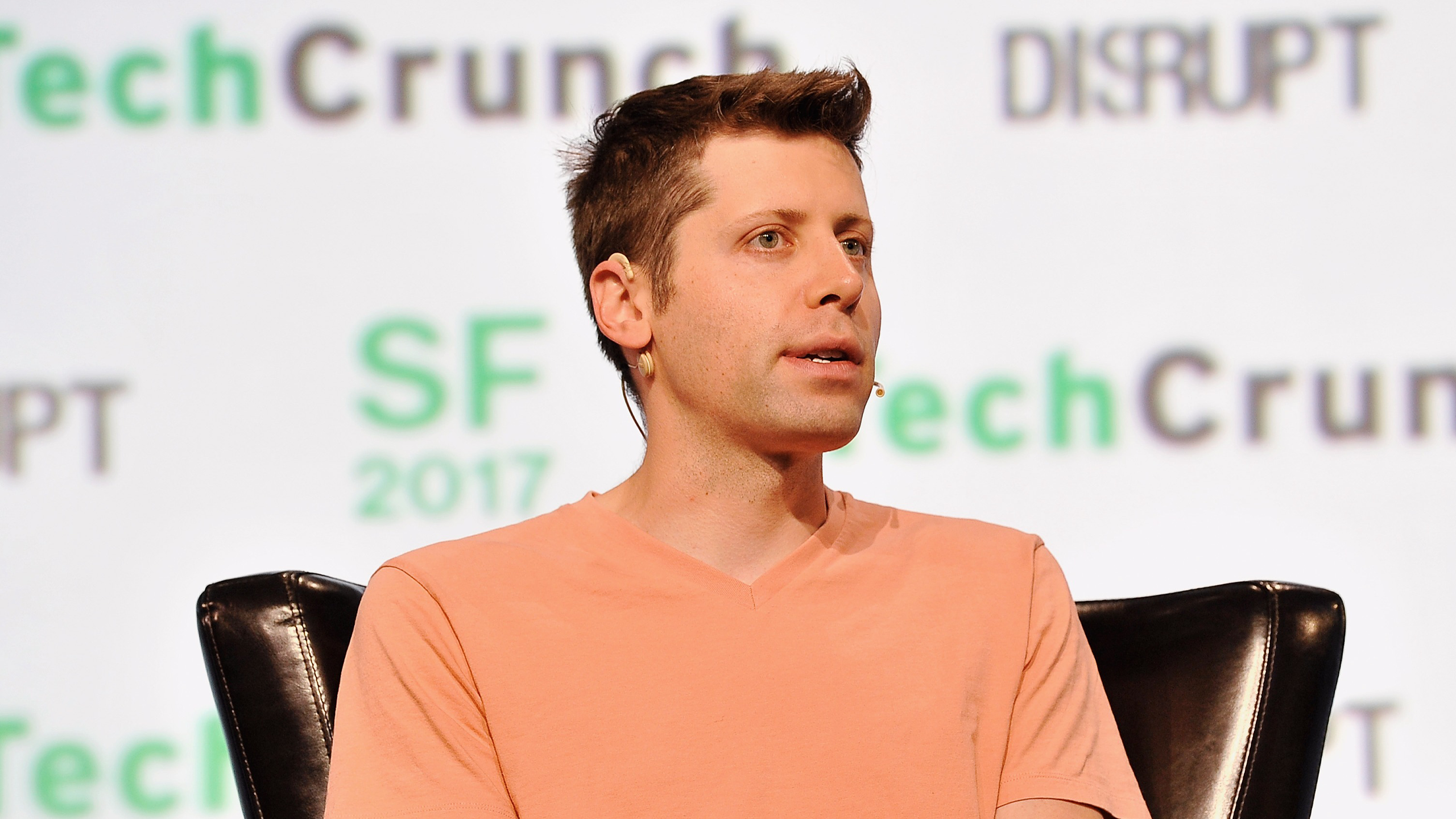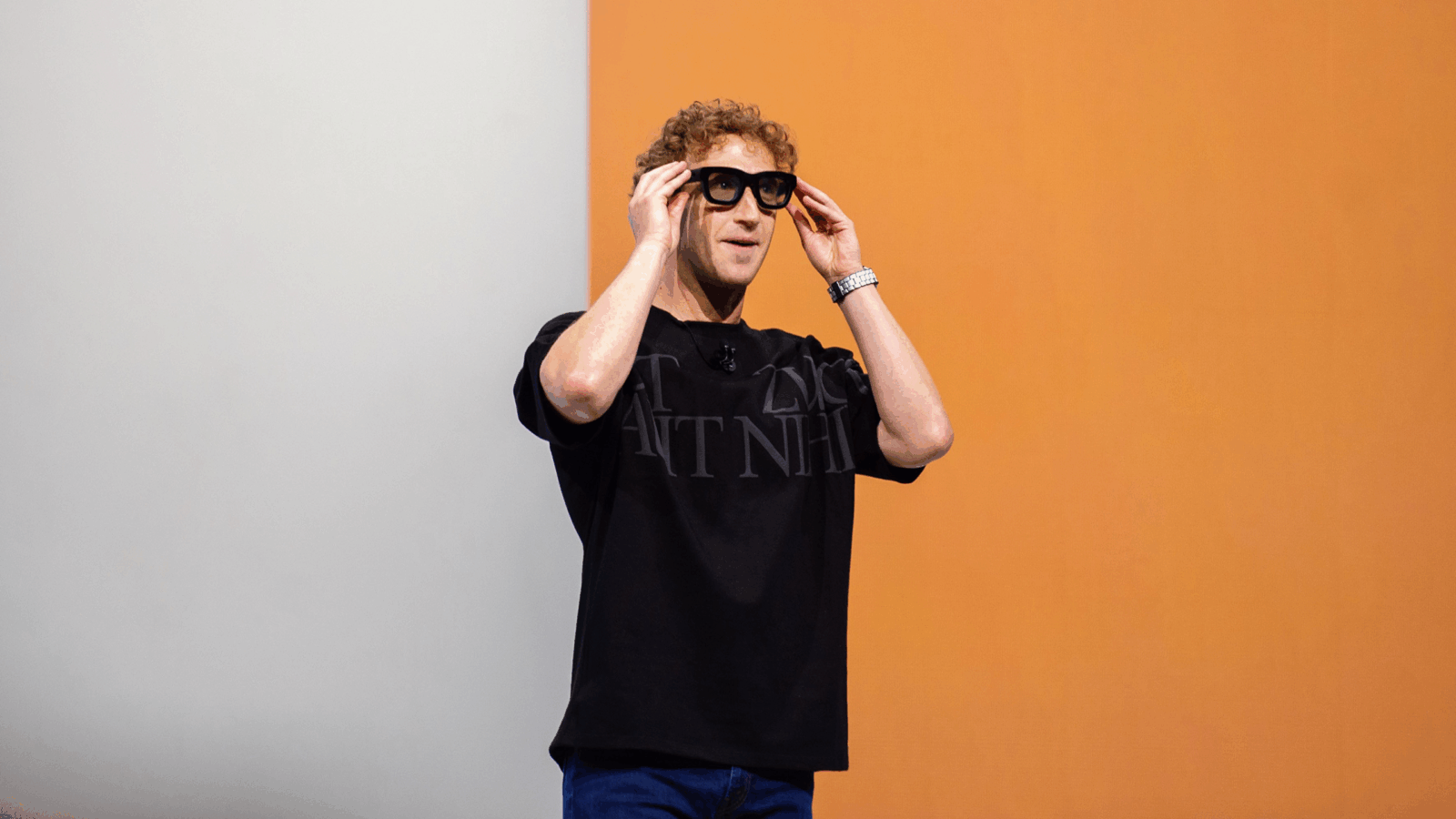OpenAI Closes Its Latest Funding Round with One Major Request
As OpenAI wraps its latest funding round — a $6.6 billion raise at a $157 billion valuation — it’s asking financial backers for exclusivity.
Sign up for smart news, insights, and analysis on the biggest financial stories of the day.
OpenAI isn’t interested in open relationships.
As the buzzy artificial intelligence upstart finally wraps its latest funding round — a $6.6 billion raise at a gargantuan $157 billion valuation — it’s asking for a big commitment from its financial backers: exclusivity. On Wednesday, the Financial Times reported that the ChatGPT-maker is requesting its investors avoid backing competitors. The ask comes just as OpenAI fully enters the next phase of the burgeoning tech titan life cycle.
A Tech Tale as Old as Time
Uber once pitched investors on a future that could deliver cheap labor and services (in the form of private drivers) on demand. Netflix once pitched investors on a future that could deliver mass amounts of entertainment and media on demand. Both laced their shiny promises with one big, if implicit, caveat: It’ll take years and years and billions and billions of dollars before we reach the market share and scale and find the delicately-balanced business model needed to achieve profitability. But once we do, it’s game on.
Now, OpenAI is where those two companies were a decade ago — only its promises of ultra-cheap labor are based on possibly replacing humans. And, like both Uber and Netflix before it, OpenAI remains a massive money-loser. That means it’ll need a lot of financial runway to achieve its dreams — and that’ll be a lot easier if its backers aren’t crowding the runway by funding rivals. But OpenAI wunderkind Sam Altman can be forgiven for feeling cocky:
- The $6.6 billion raise marks the largest venture capital round of all time, led by a $1.3 billion investment from Thrive Capital, a source told The New York Times. Thrive Capital was joined by Microsoft (which has already invested $13 billion), AI chipmaker Nvidia, SoftBank, Fidelity, and Tiger Global, among others. Notably absent, sources told Axios, is Apple, which had been linked all summer to the funding round.
- The cash injection is well-timed; according to internal documents recently seen by the NYT, OpenAI expects to lose roughly $5 billion this year due to massive costs. Still, it expects its roughly $3.7 billion in projected revenue for 2024 to soar to $11.6 billion next year — just as the company sheds the final vestiges of its nonprofit origin.
Open and Closed: Whether OpenAI can get investors to agree to exclusivity remains an open question, the FT reports, and it’s not in VC firms’ nature to accept such demands. Better to spread your bets. Still, Uber successfully made similar demands in its ride to the top, making this a script even the lousiest of AI chatbots could write.












